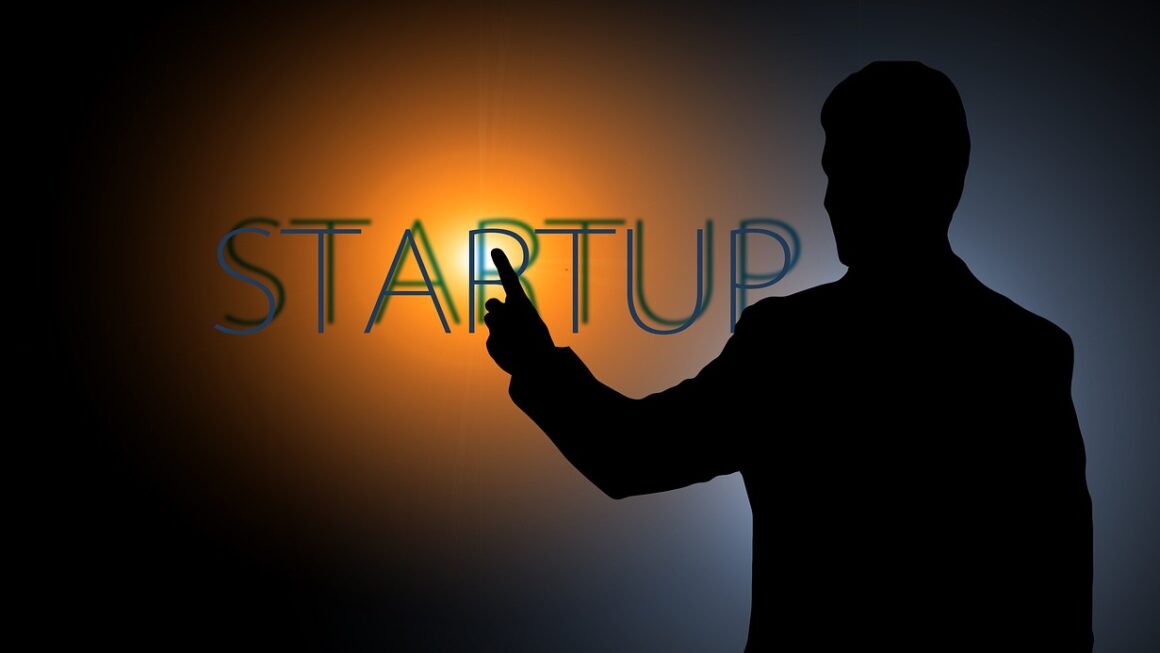Landing your dream job hinges significantly on your performance during the interview process. It’s more than just answering questions; it’s about showcasing your skills, personality, and how you align with the company culture. Preparing for common interview questions, understanding the interviewer’s intent, and crafting compelling responses are crucial steps towards interview success. This guide will provide you with a comprehensive overview of interview questions, strategies for answering them effectively, and tips for making a lasting impression.
Understanding the Different Types of Interview Questions
Interview questions are designed to assess various aspects of your candidacy. Recognizing the different types will help you tailor your responses appropriately.
Behavioral Questions
Behavioral questions explore how you’ve acted in past situations, giving the interviewer insight into your future performance. They often start with phrases like “Tell me about a time when…” or “Describe a situation where…”.
- Example: “Tell me about a time you faced a challenging project at work. How did you handle it?”
- Answering Strategy: Use the STAR method (Situation, Task, Action, Result) to structure your answer.
Situation: Briefly describe the context.
Task: Explain your specific responsibility or goal.
Action: Detail the steps you took to address the challenge.
Result: Highlight the positive outcome and what you learned.
- Why they ask: To understand your problem-solving skills, adaptability, and ability to learn from experience. They want to see how you handled situations in the past, as it’s a good indicator of how you’ll act in the future.
Technical Questions
These questions assess your knowledge and skills related to the job’s technical requirements. The complexity varies depending on the role and experience level.
- Example: “Explain the difference between a stack and a queue data structure.” (For a software engineer role)
- Answering Strategy: Be clear, concise, and demonstrate your understanding. If you don’t know the answer, be honest but show your willingness to learn. You might say, “I’m not immediately familiar with that specific concept, but I have experience with similar technologies and I’m confident I can quickly learn it.”
- Why they ask: To verify you possess the technical skills you claim to have and to evaluate your problem-solving abilities in a technical context.
Situational Questions
Similar to behavioral questions, these questions present hypothetical scenarios to evaluate your decision-making and problem-solving skills.
- Example: “What would you do if you disagreed with your manager’s decision on a critical project?”
- Answering Strategy: Focus on demonstrating professionalism, critical thinking, and a collaborative approach. Explain how you would respectfully communicate your concerns, consider your manager’s perspective, and work towards a mutually acceptable solution.
- Why they ask: To assess your judgment, conflict resolution skills, and ability to handle challenging situations within the workplace.
Cultural Fit Questions
These questions explore whether your values, work style, and personality align with the company’s culture.
- Example: “What are you looking for in a company culture?” or “Describe your ideal work environment.”
- Answering Strategy: Research the company culture beforehand and tailor your response to align with their values. Be authentic and highlight aspects of your personality that complement the company’s culture. For example, if they emphasize teamwork, share examples of your collaborative experiences.
- Why they ask: To determine if you’ll integrate well with the existing team and contribute positively to the overall work environment. Employee satisfaction and retention are linked to cultural fit. According to a study by Glassdoor, a strong company culture is a leading predictor of workplace satisfaction.
Preparing for Common Interview Questions
Preparation is key to a successful interview. By anticipating potential questions and crafting thoughtful responses, you can significantly increase your chances of making a positive impression.
“Tell Me About Yourself”
This is often the first question and sets the tone for the entire interview. It’s your opportunity to provide a concise overview of your background and highlight your key qualifications.
- Answering Strategy: Focus on your professional experience and skills relevant to the job. Keep it brief (around 2-3 minutes) and engaging. Start with your current role, then briefly mention your past experiences, and conclude with why you’re interested in the position.
- Example: “I’m currently a Marketing Manager at XYZ Company, where I’m responsible for developing and executing marketing campaigns that have resulted in a 20% increase in lead generation. Prior to that, I worked as a Marketing Specialist at ABC Corp, where I gained experience in social media marketing and content creation. I’m particularly interested in this role at your company because I’m impressed with your innovative approach to marketing and I believe my skills and experience would be a valuable asset to your team.”
“What Are Your Strengths and Weaknesses?”
This classic question allows you to showcase your self-awareness and demonstrate how your strengths align with the job requirements.
- Answering Strategy:
Strengths: Choose 2-3 strengths that are relevant to the role. Provide specific examples to support your claims.
Weaknesses: Be honest but choose a weakness that isn’t critical to the job. Frame it as an area for improvement and explain the steps you’re taking to overcome it. Avoid cliché answers like “I’m a perfectionist.”
- Example:
Strength: “One of my strengths is my strong communication skills. I’m able to effectively communicate complex information to both technical and non-technical audiences. For example, I recently led a project where I had to explain a new software system to employees across different departments. By using clear and concise language and providing thorough training, I was able to ensure that everyone understood the system and could use it effectively.”
Weakness: “One area I’m working to improve is my public speaking skills. While I’m comfortable presenting to small groups, I sometimes get nervous when speaking to larger audiences. To address this, I’ve joined a Toastmasters club and I’m actively seeking opportunities to practice my public speaking skills.”
“Why Are You Interested in This Position?”
This question allows you to demonstrate your knowledge of the company and the role, and to articulate your motivations for applying.
- Answering Strategy: Research the company’s mission, values, and recent achievements. Explain how your skills and experience align with the job requirements and how you can contribute to the company’s success. Show genuine enthusiasm for the opportunity.
- Example: “I’m particularly interested in this position because I’ve been following your company’s work in [industry] for several years and I’m impressed with your commitment to [company value]. I believe my experience in [relevant skill] would be a valuable asset to your team, and I’m excited about the opportunity to contribute to your company’s continued growth.”
“Why Are You Leaving Your Current Job?”
This question requires a tactful and professional response. Avoid speaking negatively about your current or former employer.
- Answering Strategy: Focus on positive reasons for leaving, such as seeking new challenges, career growth opportunities, or a better fit with your long-term goals.
- Example: “I’ve enjoyed my time at my current company, but I’m looking for a role that offers more opportunities for professional growth and allows me to utilize my skills in [specific area]. I’m particularly drawn to this position because it aligns with my career aspirations and offers the chance to contribute to [company goal].”
Questions to Ask the Interviewer
Asking thoughtful questions demonstrates your engagement and genuine interest in the role and the company. It also provides you with valuable insights to help you determine if the job is the right fit for you.
Examples of Effective Questions
- “What are the biggest challenges facing the company/team right now?”
- “What are the opportunities for professional development and growth within the company?”
- “What does a typical day/week look like in this role?”
- “How would you describe the company culture?”
- “What are the key performance indicators (KPIs) for this role?”
- “What is the team structure and who would I be reporting to?”
- “What are the next steps in the interview process?”
Tips for Asking Questions
- Prepare a list of questions beforehand, but be flexible and adapt them based on the conversation.
- Listen attentively to the interviewer’s answers and ask follow-up questions if needed.
- Avoid asking questions that can be easily found on the company’s website.
- Don’t ask about salary or benefits until a later stage in the interview process.
- End the interview by thanking the interviewer for their time and expressing your continued interest in the position.
Mastering the Virtual Interview
In today’s world, virtual interviews are becoming increasingly common. While the format may differ, the principles of preparation and professionalism remain the same.
Key Considerations for Virtual Interviews
- Technology: Test your internet connection, camera, and microphone beforehand. Ensure your video conferencing software is up to date and that you know how to use it effectively.
- Environment: Choose a quiet and well-lit location with a professional background. Minimize distractions by turning off notifications and informing others in your household that you’re in an interview.
- Appearance: Dress professionally, just as you would for an in-person interview. Pay attention to your grooming and ensure you look presentable on camera.
- Body Language: Maintain eye contact by looking directly at the camera. Sit up straight and use natural gestures to convey enthusiasm and engagement.
- Engagement: Actively listen and participate in the conversation. Be mindful of your speaking pace and avoid interrupting the interviewer.
Conclusion
Mastering the art of the interview is a continuous process of learning, preparation, and self-reflection. By understanding the different types of interview questions, crafting thoughtful responses, asking insightful questions, and adapting to the virtual environment, you can significantly increase your chances of landing your dream job. Remember to be yourself, be enthusiastic, and showcase your unique skills and experiences. Good luck!




